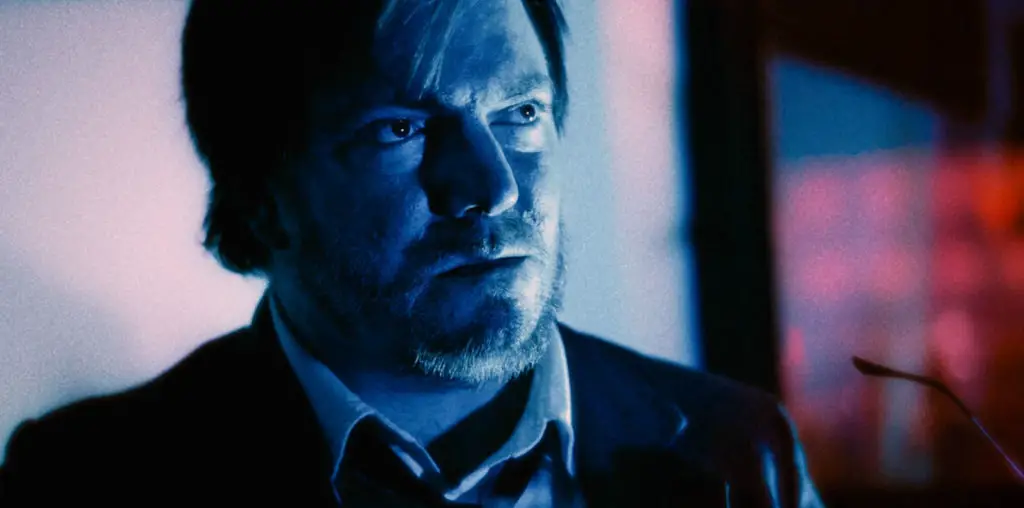
To most men, voluntary castration is not something which ever comes to mind. In India, however, a eunuch subculture has been part of the national heritage for thousands of years. But while eunuchs (or hijaras) were long revered for possessing spiritual powers, in the past century the reputation of the Indian eunuch declined dramatically. Today, the approximately 1.3 million eunuchs in India are widely viewed as outcasts, unwanted by their families and mocked by society. The eunuchs are unable to get proper employment and many barely survive through begging and prostitution.
In concept, the documentary “Bombay Eunuch” should have provided a fascinating glimpse into this rarely-considered community. Unfortunately, the resulting film (which boasts three directors, for some reason) is fairly mundane and frequently boring. Much of the problem can be centered on the eunuchs themselves–the only reason they are on film is because of what they lack, not what they possess. They certainly don’t possess raconteur skills and every story they share (ranging from the castration surgical process to their prostitution endeavors) are presented with remarkable indifference. The film tries to compensate for their lack of personality and lack of genuine achievement by placing them in the midst of local color (riding trains, walking on a beach, navigating the crowded streets), but this travelogue-style filmmaking falls flat quite rapidly.
To its credit, the film offers a few hilarious Bollywood film clips depicting eunuchs in wacky musical numbers, and the eunuch community here has its own groupie in an intensely ebullient young woman who thinks the eunuchs are the greatest people on earth. There are also photographs showing what a eunuch looks like after his surgery (no man can possible watch these without shielding his hands southward to protect his own manhood).
But on the whole, “Bombay Eunuch” (if you pardon the pun) just doesn’t cut it.
